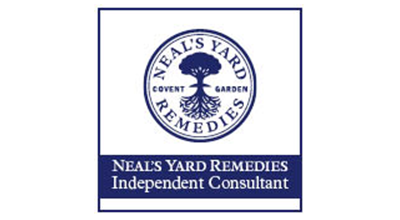The style of acupuncture that I practice is called Five Element Acupuncture. The clinical practice of Five Element Acupuncture has its roots in the Japanese and Korean style, as well as the Chinese tradition. This style of acupuncture was brought to Europe in the 20th century, developed in England and France initially, then the USA in the 1960s.
Although it dates back thousands of years, it is today used all over the world to successfully treat people with a wide range of chronic and acute illness. It is a highly relevant system of medicine to treat illness of our modern world and it is subject to continuous research and review.
According to acupuncture theory, our health is dependent on the body’s motivating energy – Qi – to move in a smooth and balanced way through channels beneath our skin. There are hundreds of acupuncture points related to those channels, and by inserting very fine, thin sterile needles into those points, the acupuncturist can stimulate the patients own healing response and restore the patients health and balance.
The focus of the treatment is to work on the patient’s overall health and restore health and balance, rather than treat specific symptoms in isolation. That is why the acupuncturist makes individual diagnoses from a Chinese Medicine point-of-view and tailor treatments according to the individual needs. This explains why patients with the same symptoms receive different treatments in order to restore their health.
The Five Elements
The five elements are constructed to show the flow seen in nature – water, wood, fire, earth and metal and each element corresponds to the seasons – winter, spring, summer, late summer and autumn.
If the flow of energy through the elements is impaired, ill health will occur. The Five Element practitioner will aim to restore this balance through treatment based on a diagnosis made from a point of view of Chinese Medicine. Each individual has an imbalance within them that corresponds to one of the elements which is called “causative factor”. By treating the patient’s causative factor, the patient’s health will improve and the patient will experience positive changes in their mood, sleep and general energy level.
If you have no physical ailments, but suffer with stress (for example, at work or in relationships) you might find that acupuncture would be of great benefit to help you cope better with the stress you’re under.


